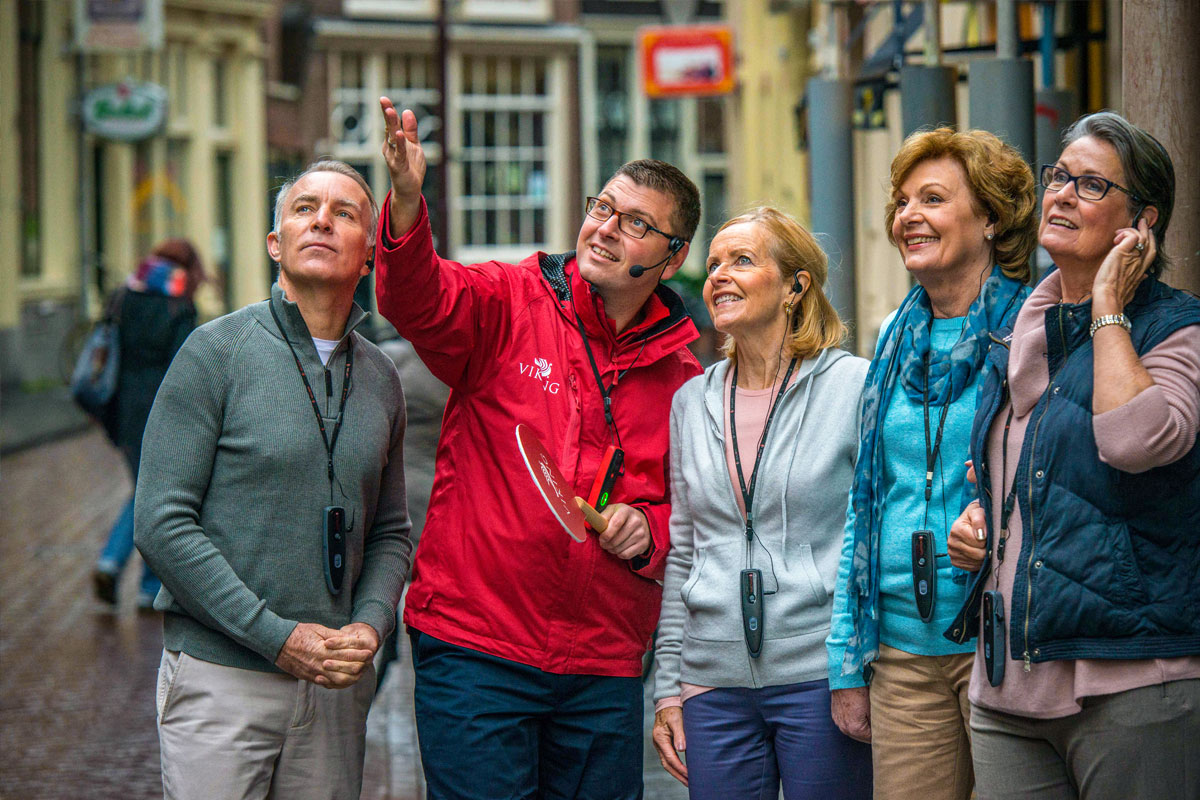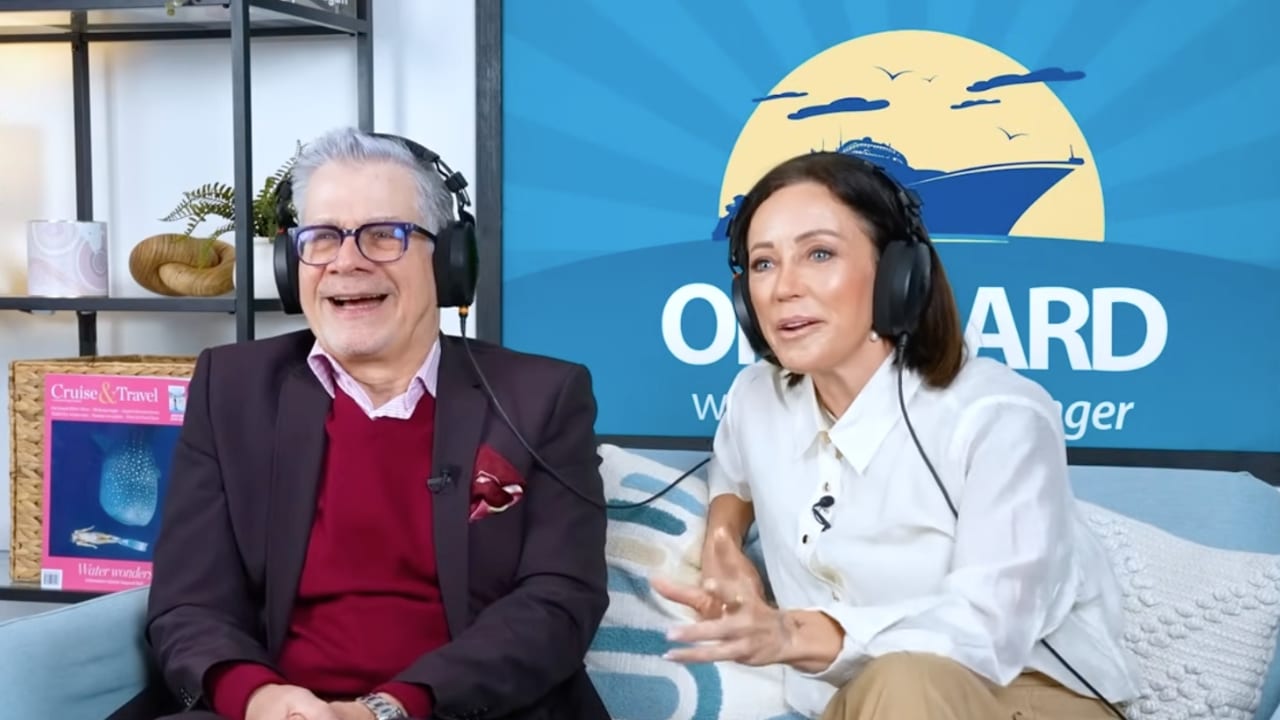Cruise Passenger’s revelations about how over-regulation and high charges are forcing cruise lines to desert Australia have sparked calls for a new cruise policy.
Cruise Lines International Association Australasia is planning to work to create a more “welcoming” policy toward international cruise lines.
At the same time, Business Sydney is putting together plans for a special summit to identify challenges. Business Sydney Executive Director Paul Nicolaou told Cruise Passenger today: “Business Sydney is perfectly placed to call a special summit to identify the issues that could affect cruising’s prospects in Australia. We have members that are directly involved in allowing the Australian cruise industry to continue to be a world leader.
“As an industry and key part of the visitor economy, cruising is of vital importance to Sydney generating billions of dollars in economic activity. A previous Business Sydney hosted summit was instrumental in cruising’s return following the pandemic.”
CLIA Australasia Managing Director Joel Katz told Cruise Passenger’s podcast Onboard that he will be pursuing meetings on cruise regulation and infrastructure, looking to bring together the state and federal governments to iron out issues regarding cruising in Australia.
Cruise Passenger exclusively reported that the major cruise lines are cutting cruise capacity by up to 30% over the next two years, a move that jeopardies not just thousands of peoples vacations, but hundreds of jobs and $5 billion in economic benefit for the country.
Kevin Hogan, the Federal Shadow Minister for Tourism, has thrown his weight behind the cruise industry’s campaign for regulatory relief, pledging to question Prime Minister Anthony Albanese in parliament next week.
One of the industry’s concerns is that the Coastal Trading Act is up for renewal and the cruise industry’s exemption can’t be guaranteed.
Mr Hogan said he would bring the matter up in Parliament and target Prime Minister Anthony Albanese, who was infrastructure minister and perpetually renewed the cruise ship exemption.
Calling the current situation “crazy”, he said: “This is a job creating industry and is creating wealth for our economy.”
Mr Hogan pointed out that Anthony Albanese used be in charge of the infrastructure ministry when it offered cruise ships an exemption to the Coastal Trading Act 2012. This is an act that allows foreign-flagged cruise ships to carry passengers between Australian ports without further registrations and regulatory costs.
In 2018 the exemption was extended for five years, however, last year it received only a one-year extension and a decision is yet to be made this year. This casts doubt over international cruise lines operations in Australia and has stopped them allocating further resources to the region.
Meanwhile, concern is growing that the cruie capacity cuts will lead to job losses. Cruise contributes 18,225 full time equivalent positions nationally, with total income of A$1.82 billion, according to CLIA figures.
Kelly Henderson, a leading industry cruise travel agent and CLIA Cruise Ambassador told Cruise Passenger:n”It’s a lose lose situation for everyone involved who benefits from the ships coming into their ports.
“The farmers who provide the produce, the small local tour operators who supply the bus trips or the walking tours, the local businesses who have walk in business. No one wins if we don’t have ships.”
“I am already concerned for the future of cruise in Australia” – an agent perspective.

Henderson says she’s extremely worried for the future of cruise in Australia, with the industry now feelings the effects of a lack of investment in infrastructure and the industry.
“I am already concerned for the future of Cruising from Australia. We only ever have the same ships, same destinations, same amount of nights. There is no Private Island we were promised, No extra cruise port we were told about (Botany Bay or Kurnell), No big fun ships that were flashed infront of our eyes, no variations of locations to visit and the pricing is increasing per person before our eyes.
“With cruise passengers being decreased by the proposed 30% , the price is going to be unaffordable for many families and couples. This means thousands of agents, like myself who have poured everything into their business will suffer, the suppliers will suffer, the destinations will suffer in terms of less money and supplies coming into them, the passenger themselves will suffer with lack of options.”
Ms Henderson says the demand is there, it’s up to the government to work with the cruise lines and make Australia a more viable option for big ships and major cruise companies.
“Our Cruise seasons are selling out earlier than ever with less being available as “Last Minute” or “Pack and Go” type fares. This alone should show the government and cruise lines that Australia is a great option! Australians love to cruise. Its fun, easy and currently affordable. Why not nourish that and give us more options so everyone wins?”
Port charges set to keep rising
Cruise Passenger recently covered how Australia’s port charges are generally extremely higher than other leading ports around the world. Given that Australia’s geography already makes it an expensive place to sail, these port charges are only making it more difficult for cruise lines to run profitable operations in Australia.
Port charges would form part of a cruise summit.
The Cruise Passenger investigation showed that the price to dock Quantum of the Seas in Sydney reaches $219,351.6 off port charges alone, compared to $22,808 in Barcelona or $93,685 in Miami.
However, it has been revealed that port charges are about to rise even more.
A report from cruise reviewer and research Adrian Tassone found that come July 1st, Sydney port charges will rise for $44.72 to $46.60. In the example of Royal Caribbean’s Quantum of the Seas, this would add around another $10,000 per docking.
Amongst regulatory difficulties, supplier and fuel costs, lack of government prioritisation and more, port charges add to the complicated web of issues in the cruising ecosystem that are leading to an exodus of major ships and cruise lines from Australia.









We love cruising but I don’t like flying so we have to drive 8 hours is a long drive from Melbourne to Sydney we are in our 70s and 80s please lower the port charges .Danise
Not exactly hard to fix. Hardly needs a conference. Simple solution is to deal with cruise ships the way other ports and countries do! But in Oz, our politicians see everything as an opportunity to either spend money frivolously or to overcharge outrageously! Sadly ANY decision left to politicians or indeed civil servants to make, will be a disastrous mistake!
That’s Labor typical same old anti business never think of all the little people it will hurt
Many older seniors cruise as its the only way to have a holiday where they do not have to walk far, they stay onboard the ship and enjoy the company of all the other people of all ages to talk to, no other holiday offers this, if they cant afford this way to travel. Regards John.
This is a major disappointment for many who love cruising. It’s always about more money and greed as are so many things these days. We live so far away from everywhere else and cruising is affordable for many to travel that wouldn’t be able to afford otherwise.Stop the greed and bring back the cruise ships to our shores. I live in WA and now there aren’t many ships coming to fremantle I have the added expense of traveling East which means an additional cost for flights and accommodation. This is so unfair and taking away our choices.
Again all about the Almighty $$$$$$$$ very
I think CLIA need to do something about Brisbane. There is very little public transport. It’s a horrendous road in and out from the Terminal. Why is there not a ferry Cat running to the Ships on days they are in. Hamilton should be used by the smaller ships that can get under the bridge. Hamilton was purpose built for cruise ships.
Brisbane Terminal area is a disgrace to Brisbane & Australia. It’s like pulling up to a 3rd world country, even then 3rd world countries have markets, walking distance for travellers to go to.
Port charges – which are passed on to the passenger – increase by $2, so a fare increases by $2. That’s not going to change a passenger booking or not.
As said before, this is just cruise companies wanting to make more money. Any fees that others charge they want to reduce so as not to discourage sales.
However, it isn’t the reason and won’t change whether ships sail here or elsewhere, so this is really just campaigning for cruise companies benefit. Due to the strong US dollar, revenue is up over there, so cruise companies are moving more ships there away from here, where they make less. And $2 that the customer pays isn’t going to change that. But it will weaken our own country’s infrastructure and services.